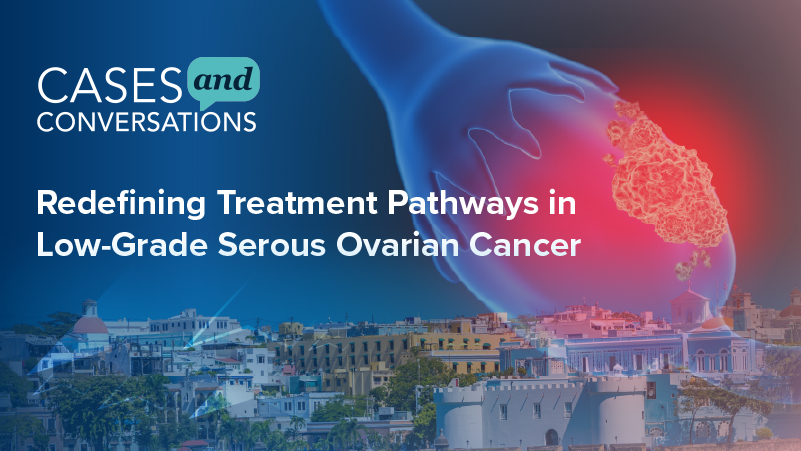
Benzodiazepines and spontaneous abortion
A new study examines if all benzodiazepines, regardless of drug or duration of action, carry the same risk of spontaneous abortion
Antianxiety medications that target GABA receptors-benzodiazepines-are known to be associated with spontaneous abortion. A new study shows that the risk remains consistent regardless of which drug in this class is used in early pregnancy or the duration of action.
Published in
The research, the first to look at risk of spontaneous abortion associated with specific benzodiazepines in early pregnancy and to evaluate the impact of duration of action of the drugs, was performed by Canadian investigators. The nested case control study included all pregnancies covered by the Quebec Prescription Drug Insurance Plan from January 1, 1998 through December 31, 2015. Each of the cases was randomly matched with up to five controls.
Spontaneous abortion was defined as a pregnancy loss between the beginning of the sixth week of gestation and the 19thcompleted week of gestation. Odds ratios (OR) and 95% CIs were calculated using conditional logistic regression models.
Overall, 6.1% of the more than 400,000 pregnancies evaluated ended in a spontaneous abortion. Of the spontaneous abortions, 1.4% were in women exposed to benzodiazepines in early pregnancy versus 0.6% in the matched control pregnancies. The adjusted OR for the association between exposure to the drugs and spontaneous abortion was 1.85 (95% CI, 1.61-2.12).
The authors found that risk of spontaneous abortion was similar whether exposure was to short-acting or long-acting benzodiazepines (ORs 1.81 and 1.73, respectively). All benzodiazepines agents were independently associated with an increased risk of spontaneous abortion (range of adjusted Ors, 1.13-3.43).
Newsletter
Get the latest clinical updates, case studies, and expert commentary in obstetric and gynecologic care. Sign up now to stay informed.











